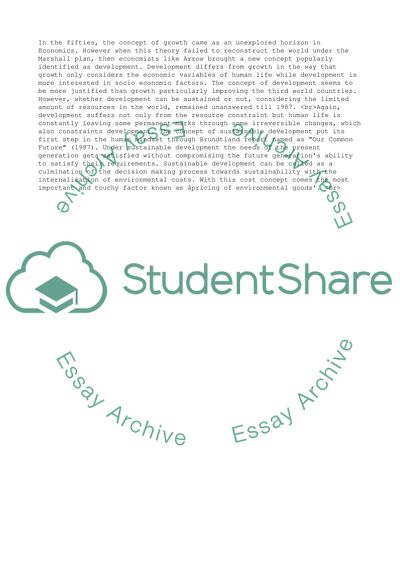Cite this document
(“Management accounting for Sustainable Development Essay”, n.d.)
Management accounting for Sustainable Development Essay. Retrieved from https://studentshare.org/management/1541593-management-accounting-for-sustainable-development
Management accounting for Sustainable Development Essay. Retrieved from https://studentshare.org/management/1541593-management-accounting-for-sustainable-development
(Management Accounting for Sustainable Development Essay)
Management Accounting for Sustainable Development Essay. https://studentshare.org/management/1541593-management-accounting-for-sustainable-development.
Management Accounting for Sustainable Development Essay. https://studentshare.org/management/1541593-management-accounting-for-sustainable-development.
“Management Accounting for Sustainable Development Essay”, n.d. https://studentshare.org/management/1541593-management-accounting-for-sustainable-development.


